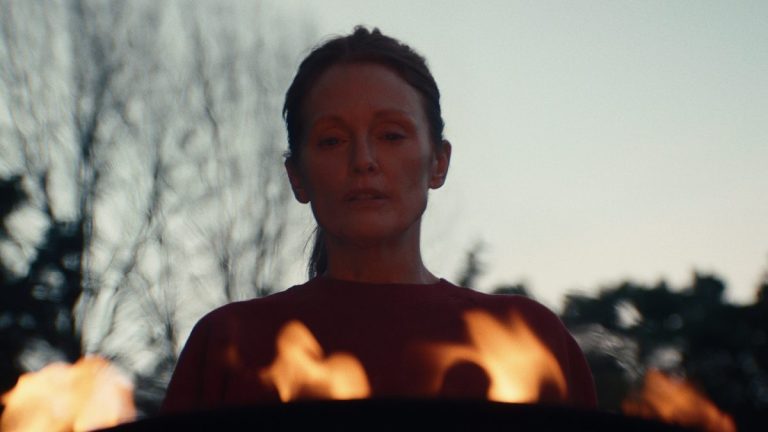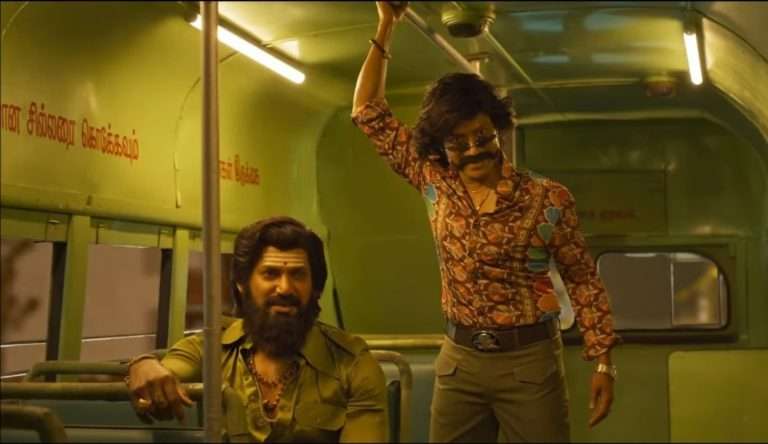The release of the teaser trailer for the live-action Winnie the Pooh film, Christopher Robin (2018), came at a very good time, though not for anyone involved with the recently released Peter Rabbit (2018). The difference in tone between both these reboots is stark, despite both originating from source materials that are warm, comforting, and, most likely for older audiences, nostalgic.
I haven’t seen Peter Rabbit, so forgive me for criticising the taste of shit before eating it. Of course, I haven’t seen Christopher Robin either, so I’m just comparing their trailers, which I assume are wholly indicative of each films’ tone. Looking at both trailers, they are similar in how they establish the film without resorting to giving away the majority of the plot, as both trailers focus almost entirely on one sequence.
As we can see, the new trailer for Christopher Robin features calming and inviting classical music to draw us into this now timeless tale. It shows an old, slightly less modern vision of Britain to evoke this wholesome feeling. Christopher Robin, as an adult, is shown immediately as a considerate man, thoughtful of those around him who do no wrong, with a loving family. And there’s Winnie the Pooh himself – although now rendered in three dimensions and placed in the real world, he still has the fuzzy teddy-bear look, and his croaky and delightful voice (from the wonderful Jim Cummings as usual) hasn’t changed a bit.
Now compare this to the first Peter Rabbit trailer. That one starts off with similarly calming classical music and warmly inviting old man trailer narration, whilst showing Peter Rabbit scurrying along the vast British outdoors – until he barrages into some other wildlife and James Corden’s accent pierces through. The trailer then proceeds to show Peter Rabbit hosting a rowdy party, featuring all sorts of animals, and we get to see him twerking and raining leaves like they’re cash money, all to the tune of some generic modern club-friendly pop anthem.
Big difference. This is despite the fact that both source materials come from a very similar place. Both have been suitable bed-time stories for children for quite a few decades, with their popularity (and original tone) kept intact through numerous books, films, and TV cartoons released throughout the many years. Throughout all this time, these stories (and their adaptations into other mediums) have remained both universal and timeless, sticking mostly with the innocent mood that their authors originally intended.
It isn’t until now that either of those stories have broken tradition. Throughout the years, we never saw in any official adaptations Winnie or Peter Rabbit don tie-dye shirts during the cultural revolution of the late ‘60s, or sport big afros and dance in rollerskates in the disco era of the late ‘70s, or wear flannel jackets and mosh around like the grunge movement of the early ‘90s. These stories, in film and TV shows, have been mostly untouched by any topical cultural influence, and this sort of cultural abstinence hasn’t seemed to damage their popularity amongst kids (or nostalgic adults) one bit. These two stories have survived for around a hundred years.
Sony Pictures, once again, have embarrassed themselves. They broke a century-old tradition and have modernised Peter Rabbit to such a cringey extent, that even its trailer got bad reviews. In thinking that they ought to cater to a much wider audience, one more receptive to pop culture gags and references, they released another dud in a long series of Sony Pictures duds. Although the yet-to-be-released Christopher Robin awaits its ultimate reception, its own teaser trailer has amassed far more views (and a more favourable like-to-dislike ratio) than the Peter Rabbit trailer, with audiences alike welcoming the old Winnie the Pooh mood in a new live-action setting. Hopefully Disney don’t follow Sony’s path, otherwise we will witness Winnie the Pooh and friends twerking and dancing to Bruno Mars in our lifetime.

![Memoria [2021]: ‘HIFF’ Review – Tilda Swinton-led Mystery Isn’t Bothered With Answers](https://79468c92.delivery.rocketcdn.me/wp-content/uploads/2021/09/Memoria-1-highonfilms-768x512.jpg)
![Lookback on Zanussi: Camouflage [1977]](https://79468c92.delivery.rocketcdn.me/wp-content/uploads/2018/03/Camouflage_Zanussi_HOF-768x463.jpg)



![Husbands [1970] Review: Imperfect Sincerity, or simply, Sincerity](https://79468c92.delivery.rocketcdn.me/wp-content/uploads/2020/05/Husbands-1970-768x432.jpg)